
Many of my close friends don't like cats. I, on the other hand am an unabashed cat lover. We have always had cats. Right now I have two. That's enough. Any more and I would find myself on t
 he slippery slope of adopting more and more and becoming "the crazy old cat lady".
he slippery slope of adopting more and more and becoming "the crazy old cat lady".
That's my girl Appetizer in the picture. I know it's a silly name but my teenaged sons named her. She wasn't even fully weaned when we rescued her from a bad situation. She was so small we had to feed her with an eyedropper for a few weeks. Thus the name Appetizer.
If you love your feline friends, chances are you already know they play a positive role in your life. Can they even improve your health?
Study after study has shown that having any kind of pet helps relieve stress. Less stress means fewer health problems including cardiovascular disease.
I have a bit of a cat allergy, particularly around my short haired male. He has a thick undercoat and a lot of dander.
We've had cats in the house since my children were born. They have never had any breathing problems.
Research suggests that owning a cat lowers the risk of allergies, asthma and even eczema, and strengthens the immune systems.
Cats have a strong healing weapon in their arsenal.Domestic house cats purr in a range of 20-140 HZ which has been proven to strengthen bones, and help heal organs and soft tissue.

The vibrations have been described as a "natural healing mechanism".
There is an old folklore saying in veterinary medicine ""If you put a cat and a sack of broken bones in the same room the bones will heal".
There is a lot of anecdotal information on the positive health benefits of cats and research is continuing.
More and more nursing homes and long term care facilities are adding "cat time" as part of their ongoing care.
Perhaps the most famous nursing home cat was Oscar. He was raised as a kitten in the facility.
Oscar wasn't a particularly friendly cat, but he had an uncanny sense of when people were about to die. He would snuggle up to them and purr to give them comfort and healing.
Oscar was so accurate that when the staff saw him exhibiting that behavior they would call the family and warn them that the end was near.
(That's Snoop. He doesn't purr much, but he is very very good at eating and sleeping.)
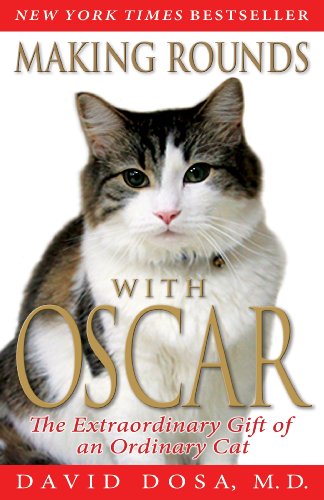 Making Rounds with Oscar: The Extraordinary Gift of an Ordinary Cat
Making Rounds with Oscar: The Extraordinary Gift of an Ordinary CatAppetizer is a very even tempered and affection cat. The only things she doesn't like are feet. I'm not sure if one of my sons stepped on her when she was a kitten, but sticking a foot close to her would result in some hissing and if you weren't quick enough, a scratch or bite.
She has always slept with me and I ways made sure that she slept half way up the bed. I had a couple of experiences where she was at the foot of the bed and when I rolled over I got my feet too close to her and she attacked. It's not fun being woken out of a deep sleep to find a cat's teeth and claws embedded in your foot.
That changed about eight years ago. I had done some damage to my feet after years of long distance running and one fall I missed a step going down the landing from the kitchen to the back door and I broke my foot..Badly!!
There wasn't much they could do at first because my foot was swollen up the size of a cantaloupe. When the specialist finally looked at the x-rays and examined the foot he told me that four of the five metatarsals
 were no longer lined up.
were no longer lined up.
There were two options. I could undergo surgery and have the bones fused back together. The down side was that I could not drive or walk on the foot for three months and the chances of ever running again were slim.
The other option was to do nothing. I chose the second with the warning that I would have the pain of arthritis for the rest of my life.
As soon as I broke my foot Appetizer began to lay beside it and purr. As it got better, she started to lay on top of it every night, and she still does.
There is no arthritis, and I go for some short runs on soft surfaces at least two times a week. You can make the case that it's a placebo effect. I'm sure x-rays will show that my foot is still broken.
However, I cant explain why she changed her behavior and still chooses that foot to purr on every night
It would be nice to think that all that purring was simply for our benefit, but even most big cats in the wild purr.
Since the purring factor is consistent and a factor of evolution, obviously it plays a big role in the survival of the species.
Scientists believe that the self healing technique has evolved to protect the animal. Certainly cats have far fewer broken bones than dogs and a faster healing time after a break.
Cats often purr while they are giving birth to help produce a healthier litter and kittens often begin to purr shortly after birth.
It's also not uncommon for cats to purr when they are seriously injured or dying.
Purring is also a form of communication. Researchers at the University of Sussex have discovered that many domestic cats have developed a purr that is combined with a meow. It's designed to alert their owners that they want food. It's very effective because the frequency of the meow mimics that of a human baby crying.
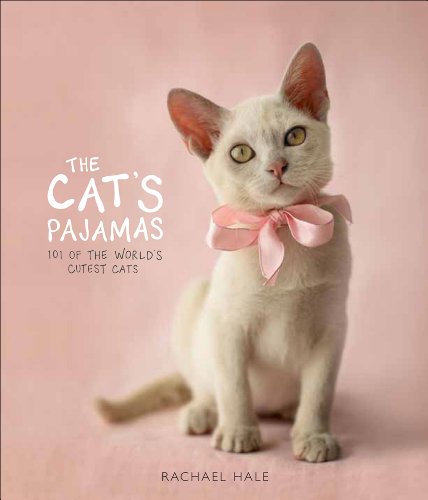 The Cat's Pajamas: 101 of the World's Cutest Cats
The Cat's Pajamas: 101 of the World's Cutest Cats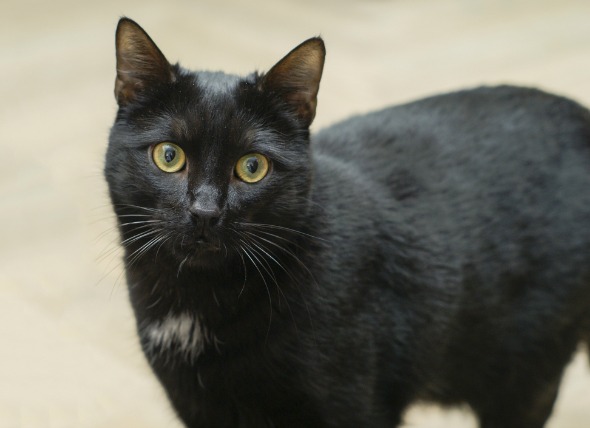 Fluid in the Chest in Cats
Chylothorax in Cats
Chyle is a milky to slightly
Fluid in the Chest in Cats
Chylothorax in Cats
Chyle is a milky to slightly
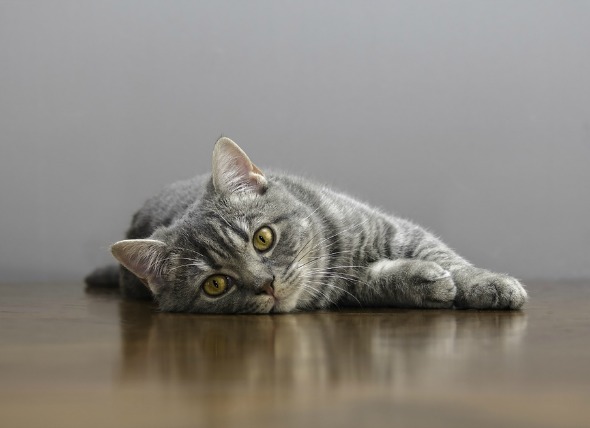 Acute Vomiting in Cats
Sudden Onset of Vomiting in Cats
Cats will
Acute Vomiting in Cats
Sudden Onset of Vomiting in Cats
Cats will
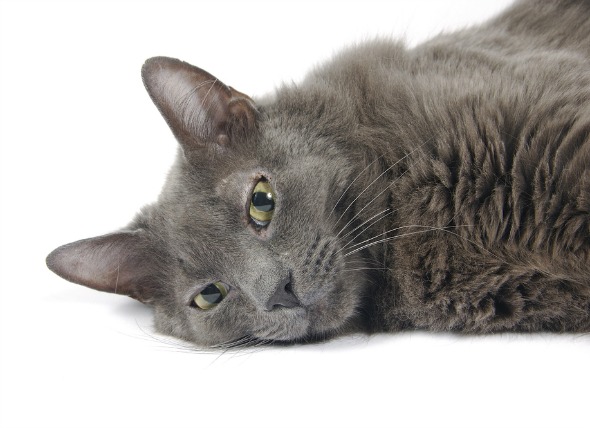 Gallbladder and Bile Duct Inflammation in Cats
Cholecystitis and Choledochitis in Cats
All of th
Gallbladder and Bile Duct Inflammation in Cats
Cholecystitis and Choledochitis in Cats
All of th
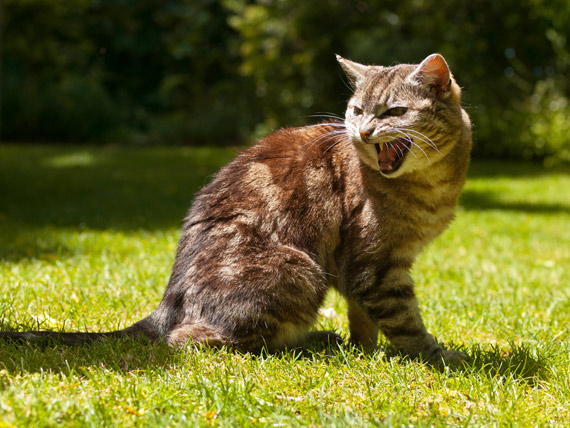 Aggression in Cats (Overview)
Cats are small, and often become the target of ot
Aggression in Cats (Overview)
Cats are small, and often become the target of ot
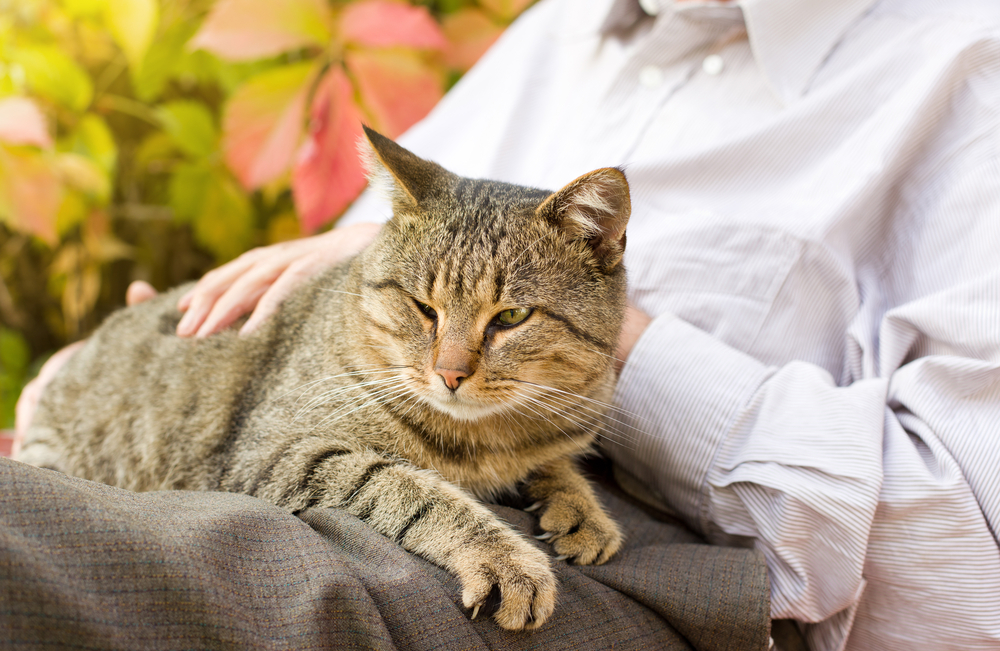 Stomach and Intestinal Cancer (Leiomyosarcoma) in Cats
Leiomyosarcoma of Stomach, Small and Large intestine in
Stomach and Intestinal Cancer (Leiomyosarcoma) in Cats
Leiomyosarcoma of Stomach, Small and Large intestine in
Copyright © 2005-2016 Pet Information All Rights Reserved
Contact us: www162date@outlook.com